Contador’s legal team hit back at WADA report
Tour de France winner ready to prove his innocence
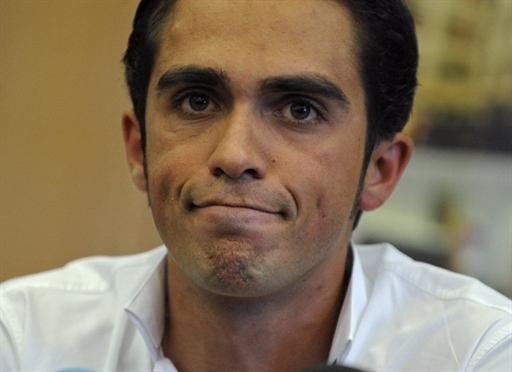
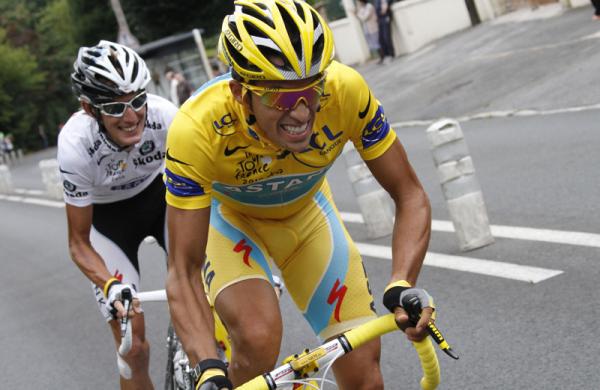
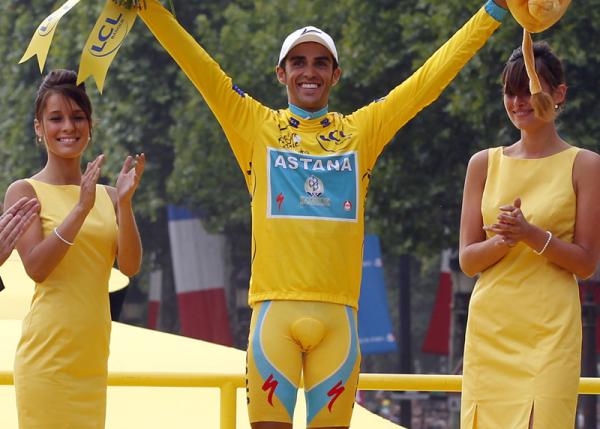
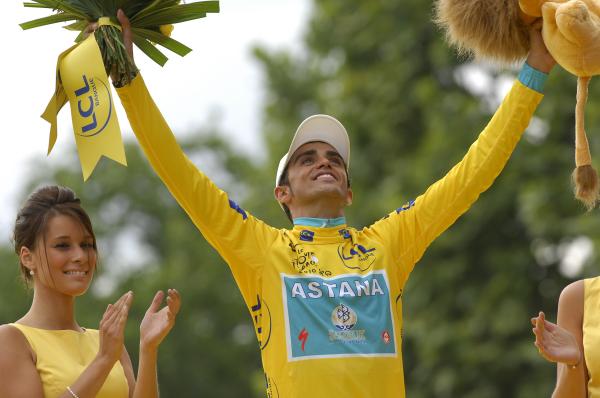
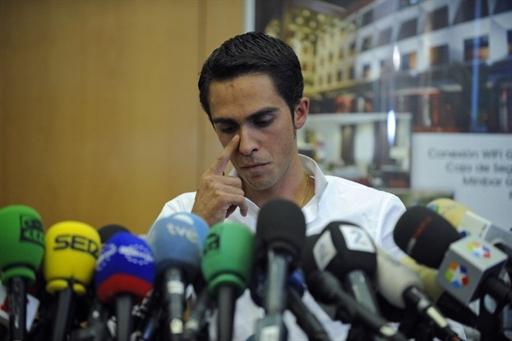
Alberto Contador’s legal team has denied claims made in the report drawn up by the World Anti-Doping Agency (WADA) that his positive anti-doping test was not caused by meat contamination.
Spanish newspaper El Pais revealed details of the report but Contador moved quickly to discredit the information.
“The legal team of Alberto Contador categorically denies the information published today in some media about the contents of the report sent by the UCI to the Spanish Cycling Federation, which allegedly would undo the theory that the adverse result of Alberto Contador in the last Tour de France is due to the ingestion of meat contaminated with Clenbuterol,” the statement reads.
“After careful study of the documentation sent by the UCI, which contains the report of a detective agency hired to trace the origins of the meat, it’s not possible to determine that the meat was not contaminated.”
“In fact, all the work of the detective is limited to asking the butcher in question if there the meat is sold with all the necessary health requirements, receiving the expected response and saying who their suppliers are. This was taken on their word, without any kind of questioning. The same was done with several suppliers. In the documentation sent there is not evidence that WADA has made any kind of analysis at the butcher in question, much less at the slaughterhouses which are mentioned.”
“Regarding the information on the controls in the European Union to animals intended for human consumption and especially beef, the report of the UCI is limited because it considers as good the final official information, according to which each member country must control only 0.4% of bovine animals slaughtered the previous year. According to the latest official report of the European Union for 2008, over a total of nearly 27 million cattle were slaughtered in the EU but only a total of 122,648 samples (0.48%) of which only 22,518 cases with searches for traces of beta agonists, including Clenbuterol.”
“According to scientific documents examined by Contador’s lawyers and which will be provided to the Competition Committee, the current system of control of the meat in the European Union is not inviolable, nor sufficient to detect suspected fraud where it exist.”
Get The Leadout Newsletter
The latest race content, interviews, features, reviews and expert buying guides, direct to your inbox!
“The UCI report also argues that it would be absurd that farmers do not comply with the qualifying period before slaughter to avoid the 'positive' of their animals because they risk being denounced. Such reasoning is fallacious, because if so we have to admit also that it is absurd that any athlete uses a banned substance, especially because sport's controls are much more abundant than livestock and are used much more sophisticated detection methods as those used in veterinary medicine.”
“In summary, the report presented by the UCI does not rule out at all the hypothesis of food contamination, while lacks the necessary rigor for that to base on it, Alberto Contador could be accused that the origin of Clenbuterol found in his urine is due to an act of doping.”
“The legal team of Alberto Contador and the rider himself are willing to submit in the coming days to the Competition Committee of the Spanish Cycling Federation their arguments and evidences to prove to the competent authority of the falsity of the parallel trials and malicious leaks that are appearing about this case in the media.”
“Alberto Contador reiterates that he never committed an act of doping and the appearance of Clenbuterol in his urine during past Tour de France was due to ingestion of contaminated meat, which his legal team hopes to indubitable demonstrate as soon as possible before the Competition Committee of the Spanish Cycling Federation to restored the honour of his client as soon as possible before the competent organizations and public opinion.”

Stephen is one of the most experienced member of the Cyclingnews team, having reported on professional cycling since 1994. He has been Head of News at Cyclingnews since 2022, before which he held the position of European editor since 2012 and previously worked for Reuters, Shift Active Media, and CyclingWeekly, among other publications.